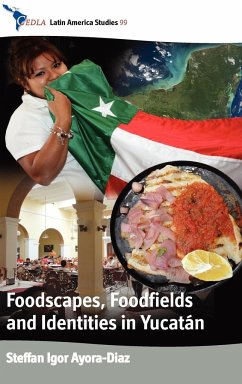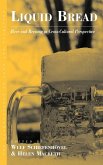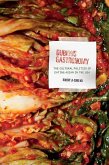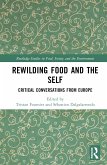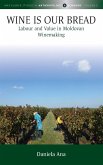Mexicans recently celebrated UNESCO's recognition of their cooking as an 'intangible cultural heritage of humanity,' but who defines the boundaries of a cuisine? Steffan Igor Ayora-Diaz's vivid account of Yucatecan culinary nationalism offers a timely reminder of the hegemonic reach of Mexico's national cuisine. He also employs valuable theoretical tools for analyzing the historical processes of culinary change that will be of interest to all students of food studies. Jeffrey M. Pilcher, University of Minnesota, and author of ¡Que vivan los tamales! Food and the Making of Mexican Identity. The state of Yucatán has its own distinct culinary tradition, and local people are constantly thinking and talking about food. They use it as a vehicle for social relations but also to distinguish themselves from "Mexicans." This book examines the politics surrounding regional cuisine, as the author argues that Yucatecan gastronomy has been created and promoted in an effort to affirm the identity of a regional people and to oppose the hegemonic force of central Mexican cultural icons and forms. In particular, Yucatecan gastronomy counters the homogenizing drive of a national cuisine based on dominant central Mexican appetencies and defies the image of Mexican national cuisine as rooted in indigenous traditions. Drawing on post-structural and postcolonial theory, the author proposes that Yucatecan gastronomy - having successfully gained a reputation as distinct and distant from 'Mexican' cuisine - is a bifurcation from regional culinary practices. However, the author warns, this leads to a double, paradoxical situation that divides the nation: while a national cuisine attempts to silence regional cultural diversity, the fissures in the project of a homogeneous regional identity are revealed. Steffan Igor Ayora-Diaz is Professor of Anthropology at the Facultad de Ciencias Antropológicas, U. Autónoma de Yucatán. He received a PhD in anthropology from McGill University in 1993 and has conducted fieldwork in Italy and Mexico. His work has centered on globalization and local knowledge.

